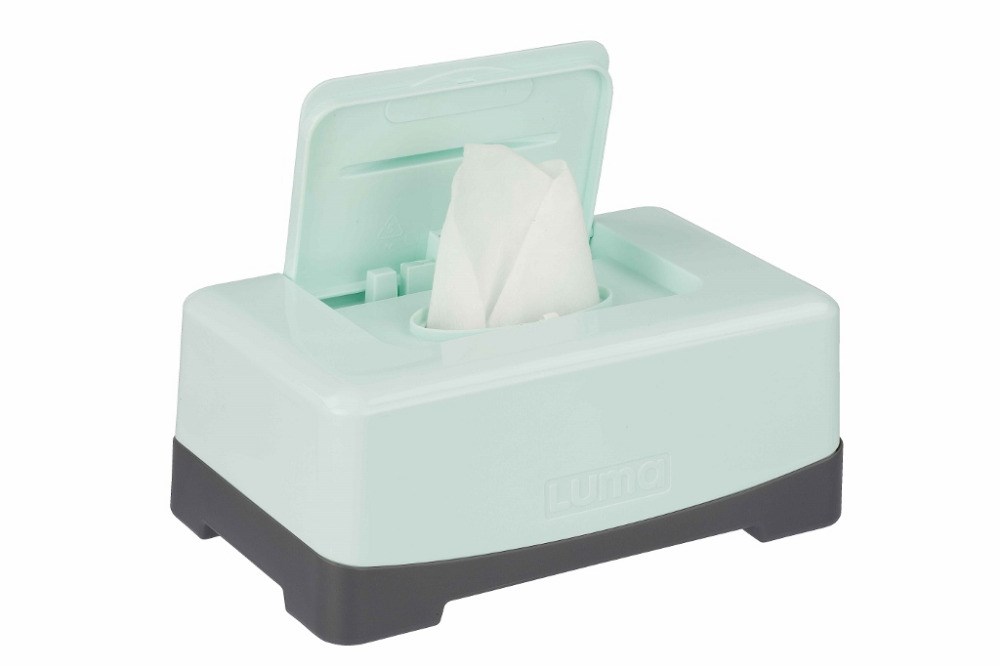- Study Says Most Parents Don’t Use Car Seats In Ride Share Vehicles Like Uber
- This 12-Year-Old Boy Is A Sophomore Aerospace Engineering Major!
- Fire Safety Experts Warn Of Hand Sanitizer Danger After A Mom and Kids Escape House Fire
- Recall Alert: Peaches May Be The Cause Of Salmonella Outbreak, 68 People Ill
- Summer Vacation In The Days Of COVID: Tips To Stay Safe
- How To Safely Grocery Shop During The Coronavirus Pandemic
- Michigan Teen With Vape-Related Illness Undergoes Double Lung Transplant
- Teen Kicks Off Anti-Vaping Campaign From Hospital Bed
- Teenager Receives Life Sentence For Strangling Sister To Death Over A Wi-Fi Password
- Toddler Falls To Death From 11th Deck of Cruise Ship
New Study Says Your Child’s Food Allergies May Be Linked To Baby Wipes


Food allergies in children can be stressful, especially trying to find the root of the allergy.
Now, a new study has found a link between food allergies and using baby wipes.
The study, that was recently published by the Journal of Allergy and Clinical Immunology by scientists from Northwestern Medicine.
The study findings show that most food allergies can be from a combination of environmental and genetic factors, which includes skin absorbency.
The study suggests that babies and toddlers are more likely to develop food allergies when they have a certain genetic markup.
They claim that when their parents use baby wipes, the residue sticks to their skin. Exposing them to certain allergens or foods could then trigger the allergy.
Apparently, the baby wipes issue is more common than any of us realize.
By analyzing existing studies on food allergies, researchers could notice the correlation. They learned that 35% of the children with food allergies also had a genetic mutation that diminishes the skin’s barrier. This then exposes them to allergens more easily.
But because not all of the children with the mutation developed food allergies, the scientists realized that something else may also play a role.
Much of the testing so far has been on mice, and when the scientists studying them exposed them to nuts, no allergy developed.
This is what led the researchers search for the other factors. I thought about what are babies exposed to,” said researcher Joan Cook-Mills
Joan Cook-Mills, a professor of allergy-immunology at Northwestern University’s Feinberg School of Medicine, was the lead author of the study.
She was determined to find the missing factor and after reading several studies on infant skin care, she was realizing that the factor was baby wipes.
What she discovered was that under the right circumstances, the corrolation between food allergies and baby wipes is from the soap in the wipes.
“They are exposed to environmental allergens in dust in a home. They may not be eating food allergens as a newborn, but they are getting them on their skin. Say a sibling with peanut butter on her face kisses the baby. Or a parent is preparing food with peanuts and then handles the baby.” Cook-Mills said in a statement.
The mice were exposed to food and dust allergens three or four times over a two week period in 40 minute increments. The mice who had a compromised skin barrier, such as eczema, showed reactions at the site of skin exposure. They also had intestinal allergic reactions, and some had anaphylaxis. “It’s a major advance in our understanding of how food allergy starts early in life.” Cook-Mills adds.
There is a simple solution in allergen reduction
She explains that parents should avoid using baby wipes leaving soapy residues.
Rinse the residue that does remain if possible. And the easiest way to avoid allergens is washing your hands before touching your baby if you have come in contact with the allergen.









0 comments